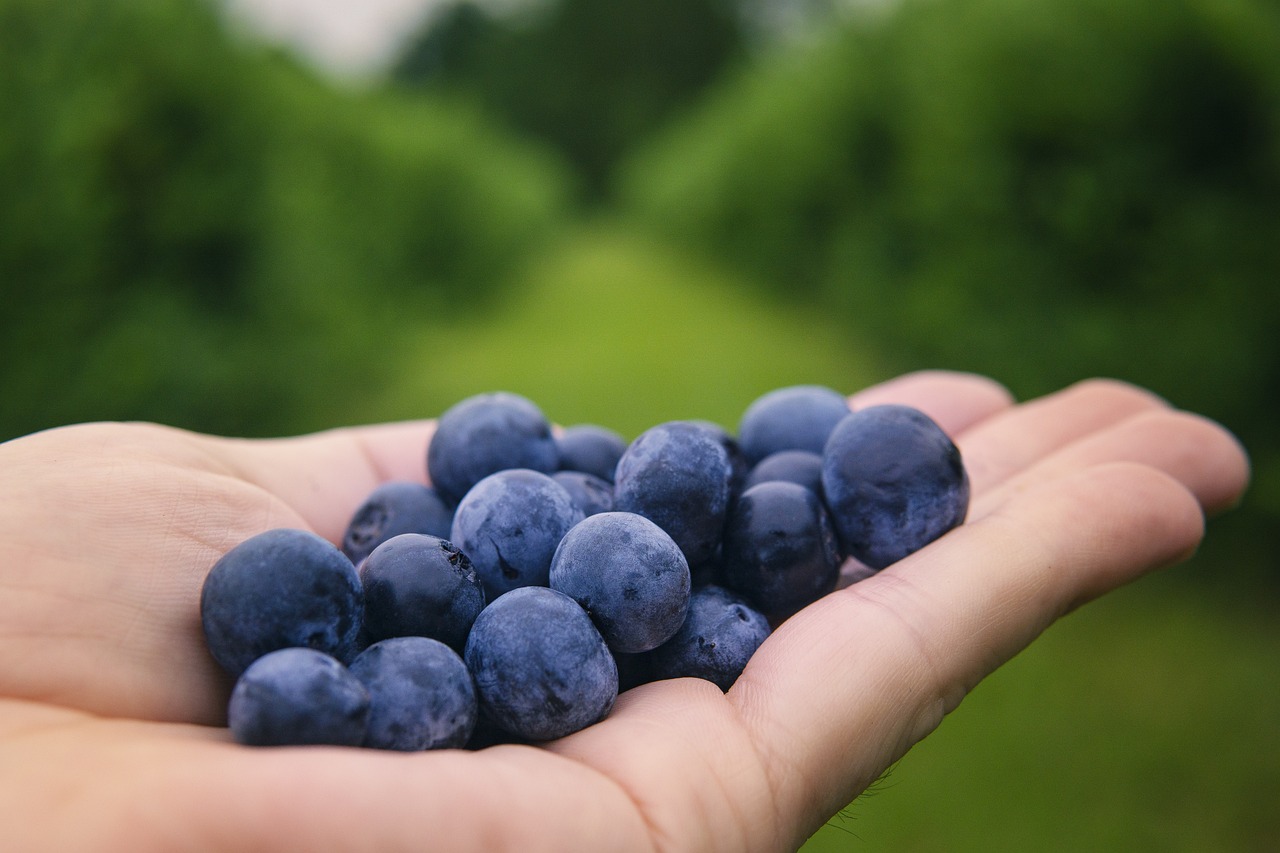Latest Longevity News 2024 | Research & Breakthroughs in Ageing
31st Oct 2024
What is New in Longevity: October 2024 Edition
What’s new in longevity news 2024? In the October edition of our longevity newsletter, we have a rundown of various life longevity breakthroughs, longevity technology and longevity studies.
Plenty has come out in the world of longevity research news, along with human longevity news, so have a read to see if you’ve missed anything that’s come out in the past month.
Cutting Calories, Not Intermittent Fasting, Best Extends Lifespan in Mice
Calorie restriction (CR) outperforms intermittent fasting (IF) in extending lifespan — at least in mice.
Conducted by researchers at The Jackson Laboratory, the research tracked 960 genetically diverse female mice on various diets, offering fresh insights into ageing.
It was found that the longest-living mice ate fewer calories but maintained stable weight and energy levels, compared to those that lost significant weight on restricted diets and which had shorter lives.
Interestingly, traditional metabolic markers like glucose and fat levels didn’t predict lifespan, with, immune health and red blood cell traits instead being more closely linked with longevity, challenging common assumptions used in anti aging human trials.
This life expectancy research suggests moderate calorie restriction may be more beneficial for health than drastic weight loss, hinting at the complexity of tailoring longevity interventions for humans.

Study Suggests Human Life Expectancy Nearing a Limit
A new study reveals that human life expectancy may be reaching a natural ceiling, with gains slowing since the 1990s despite medical advancements.
Led by researchers at the University of Illinois Chicago, the study argues that modern medicine offers diminishing returns, as age-related deterioration becomes the primary challenge to extending lifespan of humans.
Since 1990, life expectancy in the longest-living countries has increased by only 6.5 years, and, according to the researchers, simply adding more years of life without focusing on health could lead to diminishing quality in old age.
They advocate shifting the focus toward extending ‘healthspan’ — the number of healthy years lived — rather than lifespan alone.
The lifespan study emphasises the potential of ‘geroscience’, which studies the biology of ageing, as the key to breaking through this ‘glass ceiling’ in human longevity.
Researchers believe improving health at older ages, rather than just extending life, could offer the best outcomes moving forward.
Ageing Being Driven by Entropy?
A new study from biotech company Gero suggests that natural ageing is largely driven by entropy — a natural tendency for systems to move toward disorder.
Researchers argue that this gradual build-up of molecular damage makes people more vulnerable to diseases and death over time.
The model, based on the Second Law of Thermodynamics, suggests that microscopic damage, such as DNA errors, accumulates in human cells throughout life, impairing the body’s ability to maintain balance.
While anti-ageing therapies like cellular reprogramming can address some aspects of ageing, Gero's study highlights that entropy-driven damage is irreversible, making it a unique challenge.
The research points out that humans age differently from animals like mice, which typically die from programmed diseases before severe entropy-related damage builds up, raising concerns about relying on mice for ageing studies, as treatments that work in animals may have limited effects on humans.
Gero’s findings suggest that slowing entropy-driven ageing could be key to extending lifespan, but even with breakthroughs, the researchers caution that there may be natural limits — around 120 years — beyond which further life extension may not be possible.

Gut Hormones Linked to Longevity Potential
New research from Brown University suggests that gut hormones, including those similar to GLP-1, may play a key role in regulating ageing.
The study examined how gut-brain signaling impacts lifespan using fruit flies (Drosophila melanogaster) as a model.
Researchers found that suppressing a hormone called neuropeptide F (NPF) in the flies’ intestines extended their lifespan by lowering insulin and juvenile hormone levels — both of which influence ageing in flies.
Although humans don’t produce NPF, the findings highlight similarities between NPF and human incretin hormones like GLP-1, which are already used to treat diabetes and obesity.
While juvenile hormone only exists in insects, the study underscores how gut-brain interactions and insulin regulation may be essential to ageing.
If GLP-1 agonists — already revolutionising diabetes care — can also slow ageing, they could become a valuable tool for extending healthy years of life.
Molecule in Blood Rejuvenates Ageing Skin
Researchers have found a molecule called HAPLN1 that may help restore collagen and hyaluronic acid in aged skin, potentially reversing some signs of ageing.
The study, which involved experiments on mice, found that HAPLN1 levels increase when older animals share blood circulation with younger ones, leading to improved skin thickness and structure.
HAPLN1 plays a key role in maintaining the extracellular matrix (ECM), which gives skin its elasticity and strength, with ageing causing a drop in collagen and hyaluronic acid levels, weakening the ECM and contributing to wrinkles and sagging.
When old mice were connected to young ones through shared circulation, their skin’s hyaluronic acid and collagen levels were nearly restored.
Further experiments showed that injecting HAPLN1 directly into the skin boosted collagen production and reduced inflammation and oxidative stress — both of which accelerate ageing.
Researchers believe these findings could pave the way for new anti-ageing treatments, though more research is needed to confirm the results in humans.

A Bacterial Anti-Cancer Vaccine with Promising Results
Researchers at Columbia University have developed a personalised anti-cancer vaccine using genetically engineered bacteria, offering a new approach to treating solid and metastatic tumors.
In a recent study, the team demonstrated how these bacteria target tumors, stimulate the immune system and slow cancer progression.
The vaccine uses E. coli bacteria programmed to produce cancer-specific antigens — proteins linked to tumours and in tests on mice, a single injection of the bacteria into tumours triggered a strong immune response, with some animals showing complete tumor elimination.
Even when cancer cells were injected into both sides of the body, treating only one tumour prompted the immune system to attack both, proving the vaccine’s systemic effects.
The bacteria worked effectively when delivered intravenously, targeting tumours without spreading to healthy tissue.
Researchers emphasised that this treatment would need to be tailored to individual patients by identifying tumour-specific antigens, however, this personalisation could prevent tumours from escaping the immune system by mutation, a common challenge in cancer treatment.
The new bacterial vaccine may also complement other cancer therapies, but more research is needed before clinical trials in humans.
Blueberry Extract Boosts Cognition in People with High Inflammation
Anthocyanin supplements — compounds found in blueberries and black currants — may improve cognitive function, but only for individuals with high levels of inflammation.
The study, published after reanalysing data from a 24-week trial, found that participants with raised inflammatory biomarkers showed significant cognitive gains, while those with lower inflammation saw no benefits.
Although the study initially found no significant results across all participants, a deeper analysis revealed that improvements were concentrated in individuals with higher inflammation, often linked to conditions like diabetes and low HDL cholesterol.
Researchers believe the antioxidant and anti-inflammatory properties of anthocyanins played a key role in enhancing cognition for this group, suggesting that future studies focus on individuals with high inflammation to confirm these findings and refine personalised dementia-prevention strategies.

Genes May Be Key to Longevity Over Diet
A new study suggests that genetics play a more significant role in lifespan than dietary habits.
Researchers at the University of California, San Francisco, examined the effects of calorie restriction on the lifespan of 960 genetically diverse mice, comparing traditional calorie-restricted diets with intermittent fasting methods.
The findings show that while dietary changes can improve longevity, long-lived mouse strains continued to outlive their shorter-lived counterparts regardless of dietary interventions.
Even when shorter-lived mice benefitted from calorie restrictions, they didn’t fully catch up to the longer-lived mice.
Although all calorie-restricted groups lived longer, extreme calorie restriction (40% less food) caused some physical harm, such as reduced immune function and muscle loss.
While this study provides insight into the relationship between genetics and lifestyle, researchers caution that results in mice may not directly apply to humans, but it highlights that while we can’t choose our genes, healthy lifestyle choices can still positively impact lifespan.
End Note
We hope you enjoyed our overview of the latest research on longevity. Each month, we provide a rundown of the latest anti aging news, sharing both human and animal studies, as well as news you might want to continue keeping an eye out on as more research unfolds.
Learn more about the science of longevity and longevity research 2024 in our previous editions.
Looking to improve your lifespan with longevity supplements? Be sure to check them out here at Xandro! You can also learn more about your health and improving your healthspan with our blogs!
